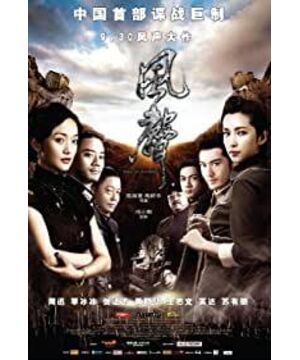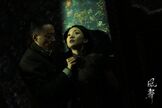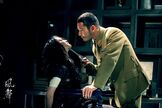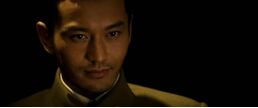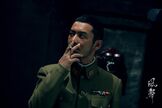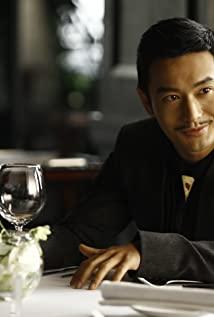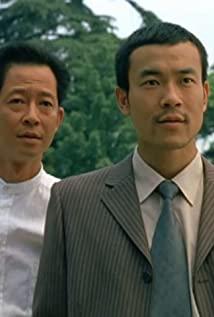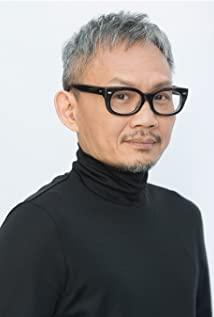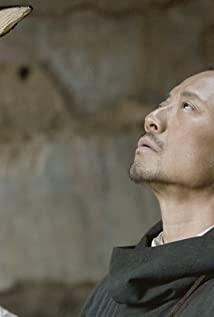I don't think the film as a whole is inferior to Paul Fairhoven's Black Book. The plot can be considered thrilling and compact, and the bright ending at the end is too flattering, but if there is not even a ray of light, then Qiuzhuang Villa will be gorgeous and gloomy. The torture of the forced confessions in the film, in comparison, the PP of the Danes who swung the steel ball whip 007 is really insignificant, too merciful. Of course, the film is not too explicit, usually showing the verbal coercion of the torture tool and finally the screaming sound effect or directly giving a close-up of the victim's face. However, the Chinese people are the most powerful in YY. Especially the suggestion of Adjutant Bai's iron chair, the intuition of Wu Brigade's poison acupuncture and Gu Xiaomeng's association of a rope, the part that uses his brain to imagine completely caused the effect of chills and even extreme chills. "Cinema" magazine introduced the topic "Wind", and spent a lot of space introducing the cruelty of torture tools, but the tone was extremely frivolous and ambiguous. It seems that torture is a kind of enjoyment and watching becomes an appreciation. After such a collective unconscious double harm to the body of the revolutionaries, I feel that "The Wind" is really not suitable for children, and at least those under the age of seventeen should refuse to watch it if it is classified abroad.
Outside of the story, always trying to find one or a few hints. Several suspects entered Qiu Zhuang for the first time, and a blond woman was teaching a team of Japanese soldiers to sing "Song of the Armored Soldiers" in German. By the way, I was really excited when I heard this song. After that, there is also a shot of someone walking through the chorus, and "Song of the Armored Soldiers" continues, which seems to be a dramatic eye. But I still can't think of the role of this detail. Is it a hint? Outside the frontal battlefield where the iron is rolling, how dark is the hidden front? Also, the line of Li Ningyu's underground party boyfriend as a drama actor: Why are you looking at me with your gold powdered eyes? It's Salome. Is this another slap in the face of "Li Ningyu is an old ghost"?
In addition, at the beginning of the chapter, the underground party Liu Weiwei shot the traitor Lao Duan in the head, and my heart was still dark. Sister Shangguan, you really avenged Brother Milong.
This article is also made of iron blood, id silver shark
View more about The Message reviews


